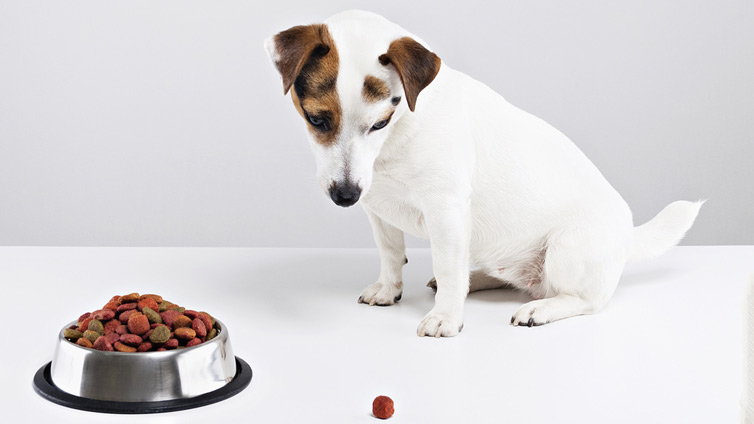-
Event date & time:
24.02.2020 at 00:00
-
Location
New York
-
Category
Other

Is your dog having some hunger issues? Is Coco not eating as it used to eat? There could be numerous reasons that a dog chooses to eat less or not eat by any means. Much the same as people, creatures are additionally impacted by various things and this could change their dietary patterns moreover. Before being frightened, it is smarter to take your dog to the veterinarian and get it checked.
Before moving to the causes we propose that you ensure that your emotional support dog letter is from an authorized advisor with the goal that nobody could remove him from you.
To give you some thought of the reasons of the loss of craving in Coco, recorded beneath are a few focuses because of which your dog eating less nourishment, or not eating by any stretch of the imagination.
1. Ailment and Dental Problems
Loss of craving in dogs is in some cases because of the beginning of an ailment or illness. While it's anything but a definite sign that your dog is experiencing an infection, there is a reasonable chance of it. Like when we don't want to eat when we are not feeling admirably, dogs additionally don't prefer to eat anything when they are not feeling great.
Furthermore, Coco might be experiencing a dental issue. Dogs are extraordinary at concealing torment and this is the reason it is significant that you ensure that their teeth are in immaculate condition. In the event that you don't perceive any adjustment in Coco's conduct, counsel a veterinarian.
2. Immunizations
Immunizations are significant for creatures and wherever around them. They protect them against numerous risky sicknesses and keep them sheltered and sound. While they are useful for your dog, a few inoculations could have some unfriendly or reactions and loss of hunger is one of them. For the most part, the side effects are shortlived and Coco will be fine following a day or two.
3. Voyaging
Is your emotional support animal letter dog not eating since the time you have moved into your new residence? It is typical for dogs to carry on along these lines when heading out or moving to another spot. A few dogs have movement disorder and they experience issues eating nourishment when voyaging while others don't feel great when they are in new places. On the off chance that your dog is ex[eriencimng the misfortune in the event that hunger during on the excursion, at that point it is most presumably in light of the fact that he is feeling on edge in the new spot.
4. Medicine
Did your dog have any ongoing injury? It is very typical for dogs to get harmed once in a while. Some minor wounds could be treated at home yet for a few, you should take your little guy to the veterinarian. At times, some particular medicine additionally causes the loss of hunger in the dogs. It is one of the regular symptoms of drugs and your dog may likewise be encountering it as a result of it.
5. Stress and Depression
Dogs do respond to their environment and need everything to be as indicated by their psyche and feeling of request. Any adjustment in the earth like the expansion of another creature or another human into the family, any surprising worry in the earth or a noteworthy misfortune, all could negatively affect your little guy's craving.
6. Getting Older
Is your dog getting more established? Maturing is one of the key factors that disturb a dog's dietary patterns. More youthful and dynamic dogs have more craving than more established and senior dogs. Less action and restricted ability to consume fat lead to diminished hunger. On the off chance that your ESA letter dog is maturing, you ought to reevaluate its eating routine and supplant it with something that is progressively proper for its age.
We realize that you love your dog a great deal. He is your cherished buddy that have consistently been with you through the thick and slender of life and this is the reason any adjustment in its conduct stresses you. In any case, don't stress, it isn't essential that each change is because of some hazardous malady. Simply monitor your dog's wellbeing and follow the veterinarian's calendar.